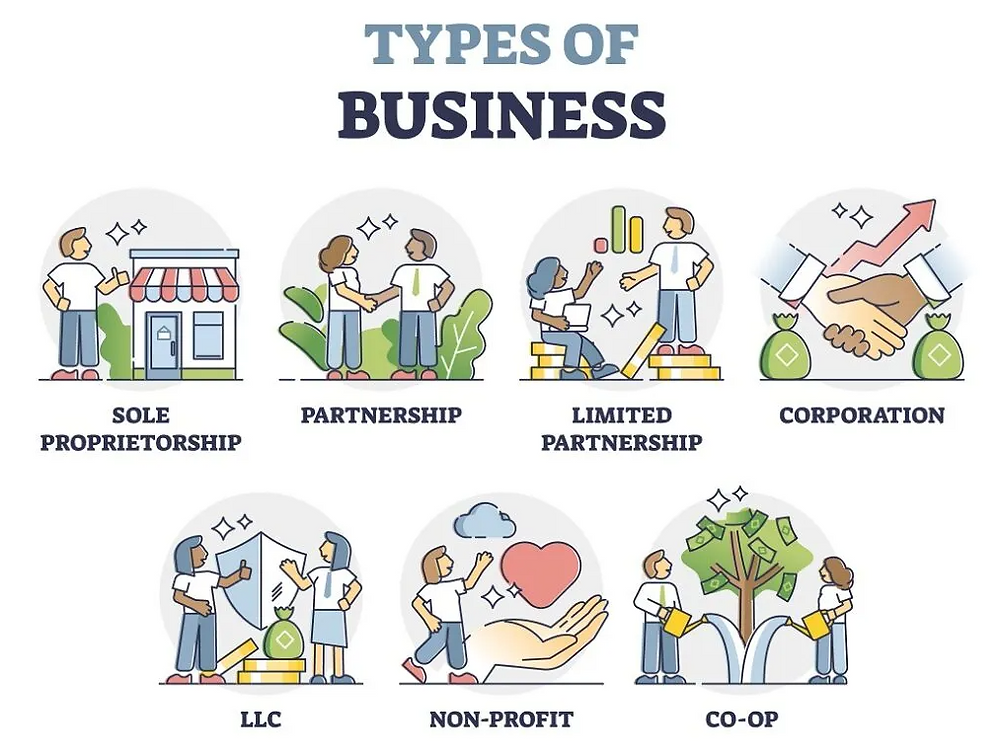The Companies Act, 2013 differentiates companies based on the number of members. The Micro, Small and Medium Enterprises (MSME) Act classifies companies into micro, small and medium companies to grant them MSME benefits. Companies can also be classified based on the liability of their members, company ownership and listing status.
According to Section 2(20) of the Companies Act, 2013, a “company” means a company incorporated under the Companies Act, 2013 or under any previous company law. The Companies Act of 2013 replaced the Companies Act, 1956. The Companies Act, 2013 makes provisions to govern all listed and unlisted companies in the country. The Companies Act 2013 implemented many new sections and repealed the relevant corresponding sections of the Companies Act 1956. This is landmark legislation with far-reaching consequences for all companies incorporated in India.

Classification of Companies
Companies on the Basis of Liabilities
Companies Limited by Shares: In companies limited by shares, sometimes, shareholders of some firms may not always pay the full value of their shares at once. The responsibilities of members in these firms are limited to the number of unpaid dividends on their shares.
Companies Limited by Guarantee: In certain businesses, the memorandum of association specifies monetary amounts that some members agree to pay. They will only be obliged to pay the guaranteed sum if the company is liquidated. They cannot be forced to pay additional money by the company or its creditors.
Unlimited Companies: The liabilities of members of unlimited companies have zero limits. As a result, the corporation can use all of the shareholders’ personal assets to pay off its debts while it is winding up. Their responsibilities will include the entire company’s debt.
Companies on the Basis of Members
One-Person Companies (OPCs): As the name suggests, the shareholder in these businesses is only one person. Since OPCs are legal entities apart from their sole members, they are distinct from sole proprietorships. Unlike other companies, a one-person company does not need a minimum share capital.
Private Companies: The articles of association of private corporations limit the transferability of shares for free. Private corporations must consist of a minimum of 2 to a maximum of 200 members. These members consist of both current and previous employees who even own shares.
Public Companies: Unlike private organisations, public companies allow their members to transfer shares to others for free. Secondly, they must consist of a minimum of 7 members, with no limit on the max number of members they can have.
Companies on the Basis of Control
Holding and Subsidiary Companies: There are cases where a company’s shares may be held entirely or partially by another company. The company that owns these shares is now known as the holding or parent company. Similarly, a subsidiary is a company whose shares are owned by the parent company.
Associate Companies: Associate companies are those types of companies where other companies have a significant influence. This ” significant influence ” entails owning at least 20% of the associate company’s shares.
Other Types of Companies
Government Companies: Government companies can be referred to as companies with more than 50% of share capital held by the central government, by state governments, or jointly owned by both kinds of governments.
Foreign Companies: Foreign companies can be referred to as companies present outside India. These companies also conduct business in India, either on their own or by collaborating with other companies.
Charitable Companies (Section 8): Companies with charitable goals, often referred to as NPOs, are termed charitable companies. These companies are also known as Section 8 companies as they are registered under Section 8 of the Companies Act, 2013. The primary goal of charitable companies is to promote religion, arts, culture, science, education, commerce, and many more. They do not pay money to their members because they don’t make any.
Dormant Companies: These companies are usually set up to work on future projects. They do not have large accounting transactions and are not required to comply with all the regulations that apply to regular companies.
FAQs
What Is a Holding Company?
A holding company is a company that doesn’t create its own products or services, but instead holds a controlling interest in other companies.6 Holding companies are also known as umbrella or parent companies. Investor Warren Buffett’s Berkshire Hathaway is one well-known example of a holding company.
Can a Private Limited Company convert to a Public Limited Company?
Yes, a Private Limited Company can convert to a Public Limited Company by meeting the necessary regulatory requirements, including increasing the number of shareholders and complying with securities regulations.